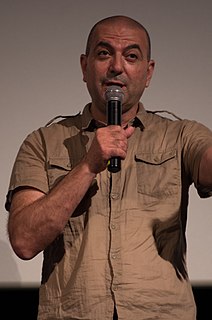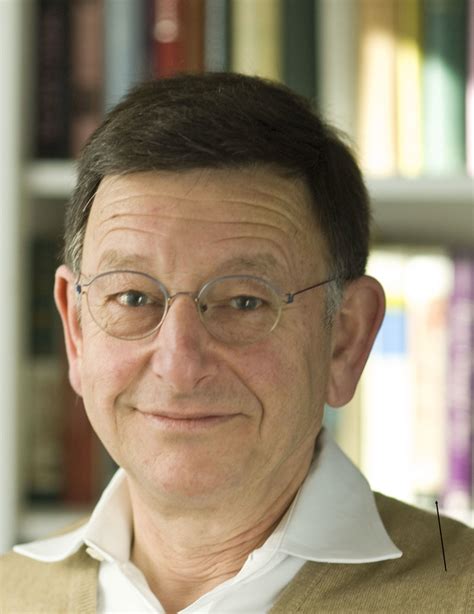A Quote by Kate Grenville
Each language has its own take on the world. That's why a translation can never be absolutely exact, and therefore, when you enter another language and speak with its speakers, you become a slightly different person; you learn a different sort of world.
Related Quotes
Politics is different than movies. Politics are controlled by leaders. Leaders of every country have different interests. And they try to explain to their people why they should take one side or the other side. But in the movie its doing the opposite. It allows you to have a Universal Experience. You don't watch it as politics but as a movie. You don't have different reactions all over. It's so universal a language. It's not a political language serving a political agenda. The language of cinema is a world language. With the Hollywood movie, it brings about the same reaction wherever it goes.
Most English speakers do not have the writer's short fuse about seeing or hearing their language brutalized. This is the main reason, I suspect, that English is becoming the world's universal tongue: English-speaking natives don't care how badly others speak English as long as they speak it. French, once considered likely to become the world's lingua franca, has lost popularity because those who are born speaking it reject this liberal attitude and become depressed, insulted or insufferable when their language is ill used.
James Joyce's English was based on the rhythm of the Irish language. He wrote things that shocked English language speakers but he was thinking in Gaelic. I've sung songs that if they were in English, would have been banned too. The psyche of the Irish language is completely different to the English-speaking world.
The practice of translation rests on two presuppositions. The first is that we are all different: we speak different tongues, and see the world in ways that are deeply influenced by the particular features of the tongue that we speak. The second is that we are all the same - that we can share the same broad and narrow kinds of feelings, information, understandings, and so forth. Without both of these suppositions, translation could not exist. Nor could anything we would like to call social life. Translation is another name for the human condition.
A ruler must learn to persuade and not to compel... he must lay the best coffee hearth to attract the finest men... a good ruler has to learn his world's language... it's different for every world... the language of the rocks and growing things... the language you don't hear just with your ears... the Mystery of Life... not a problem to solve, but a reality to experience... Understanding must move with the flow of the process.
We are all citizens of one world, we are all of one blood. To hate people because they were born in another country, because they speak a different language, or because they take a different view on this subject or that, is a great folly. Desist, I implore you, for we are all equally human. . . . Let us have but one end in view: the welfare of humanity.
All the different nations in the world, despite their differences of appearance and religion and language and way of life, still have one thing in common, and that is what's inside of all of us. If we X-rayed the insides of different human beings, we wouldn't be able to tell from those X-rays what the person's language or background or race is.
Poetry cannot be translated; and, therefore, it is the poets that preserve the languages; for we would not be at the trouble to learn a language if we could have all that is written in it just as well in a translation. But as the beauties of poetry cannot be preserved in any language except that in which it was originally written, we learn the language.
Therefore, the two processes, that of science and that of art, are not very different. Both science and art form in the course of the centuries a human language by which we can speak about the more remote parts of reality, and the coherent sets of concepts as well as the different styles of art are different words or groups of words in this language.
The full meaning of a language is never translatable into another. We may speak several languages but one of them always remains the one in which we live. In order completely to assimilate a language it would be necessary to make the world which it expresses one's own and one never does belong to two worlds at once.
My brain can form thoughts that come out through my mouth. The problem is sometimes I stumble the words because I speak five different languages - we know all that - so the thing is, I like to speak the language that everybody speaks all around the world, that the WWE Universe loves... that's the language of wrestling that I do in the ring.


































